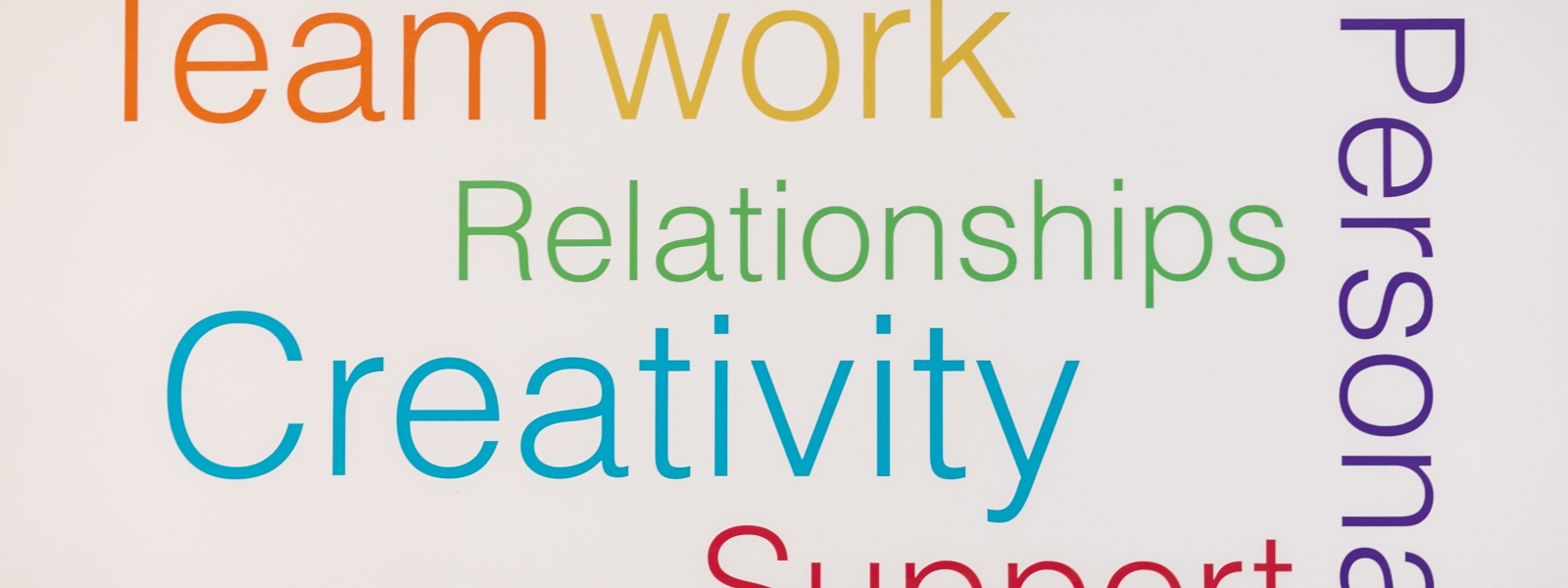Oct
31
2019
Black History Month Blog
Despite the fact that black people have been in the UK since at least the 10th century, we are still quite alien to the land - this is not the point of this blog. The point is to recognise the thriving of the black woman in the line of work; a piece of history that has been well overlooked.
Looking back in time, there are many Black British women to adore and praise for breakthroughs in their fields such as Margaret Busby (the youngest black female book publisher) and Diane Abbott's (the first black woman to be elected to parliament),which have partly motivated the celebration of black people as we see more and more black women today thriving and creating waves in the world. Even though national statistics show us that just 6 per cent of Black school leavers attend a Russell Group University, Anne-Marie Imafidon for example; is the owner and creator of Tech and Science platform Stemettes and also the youngest person to graduate with a Masters from Oxford University.
National race report statistics from Equality Human Rights Commission also report that “Black workers with degrees, earn 23.1 per cent less on average than White workers in Britain, significantly lower percentages of ethnic minorities (8.8 per cent) worked as managers, directors and senior officials, compared with White people (10.7 per cent) and this was particularly true for African, Caribbean or Black people (5.7 per cent) and those of mixed ethnicity (7.2 per cent)”.
It’s one thing to be black, but a woman? It’s still inconceivable all over the world that women are even greater achievers than a lot of men.
The thought of being black today can seem so daunting from the outside and personally, I find it comedic the thought of even being offended. The saying, ‘what doesn’t kill you, makes you stronger’ is quite literal.
Black History month has long been a period of reflection on the celebration of black achievements despite the inequalities and injustices faced by the black race that exists in a 86% white UK. As much as it should well remain a significant part of history in general, we are faced with yet another minority within a minority - the black woman.
Gathering experience and media can be a real eye opener to what it means to be this woman, living an ordinary life in an extraordinary fashion. It is somewhat true that it looks very hard to even be considered for jobs we are often qualified for over our white counterparts. However, how does it feel for those that do? In all the scenarios explored, I was able to pull two significant points from the experience of the thriving black woman in today’s workplace.
1>Her acceptance of diversity tends to create a more friendly workplace: There is often a lot of talk about the diversity gap in the workplace with the British black woman being the last on the list in order of discussion, however, a lot of these women turn these into learning experiences within the environment. I have heard often and experienced fascination with black hair. Sharing the experience of black hair has been seen to form more racially diverse social groups that extend outside the workplace. The black woman, coming from a place of non-defensiveness is key to creating harmony in the workplace.
2>Her understanding of her limitations challenges her but in a great way: Black people in the UK are often descendants of families with hard working mentalities. This encourages our generation to push more than anyone would, based on the limitations of being a racial minority, however, the black woman turns this to gold. Many women often keep their full time jobs but also direct their energy into pursuing their own ambitions, often surpassing the majority. Based on experience, I have seen a lot of black women not complaining about their limitations in the workplace but turning them to superpowers.
With this information what can employers do to support black women in the workplace?
Challenge their unconscious biases – training HR and managers involved in recruitment to make them aware of their unconscious biases and implementing effective procedures to create a fair and non-discriminatory recruitment and selection process.
Creating and inclusive workplace – create a working environment that doesn’t make black women feel isolated- which often leads to them experiencing more micro-aggressions in the workplace and leaving an organisation. This doesn’t mean hiring every and only black women, but it does mean treating diversity as more than just a numbers game or about meeting a race quota.
Mentoring schemes- statistics show that black women face more barriers to advancement and as such it’s important for managers to foster good working relationships with their direct reports and create a working environment that encourages black women to feel comfortable and confident enough to aspire for positions in leadership.
Written by Funmi O. Edited by Nadira Love
Source(s):
https://cutt.ly/mediumblackwomenintheworkplace
Black, female and in the workplace. Looking behind closed doors at the diversity gap
Melva
commented on 14 November, 2019:
Greetings! Very helpful advice in this particular article!
It's the little changes that make the most important changes.
Thanks for sharing! I am sure this article has touched all the internet visitors, its really really fastidious article on building up new webpage.
Greetings! Very useful advice in this particular article!
It is the little changes which will make the largest changes.
Thanks for sharing! http://Www.Cspan.net


